President of Azerbaijan Aliyev says Russia must pay compensation for the plane it shot down
Azerbaijan’s President Aliyev Demands Compensation from Russia for Downed Plane
In a recent and contentious statement, Azerbaijan’s President Ilham Aliyev has called for Russia to pay compensation for the downing of an Azerbaijani plane by Russian forces. This demand marks an escalation in diplomatic tensions between the two countries and has drawn international attention to the complex relationships within the post-Soviet space. The incident, which occurred earlier in the year, has added fuel to the already delicate political landscape of the South Caucasus region.
The Incident: Russian Forces Shoot Down Azerbaijani Plane
The tension stems from an incident in which an Azerbaijani plane was shot down by Russian forces in 2023. The aircraft, which was conducting a military operation, was targeted and downed by Russian air defense systems, leading to the tragic loss of Azerbaijani soldiers and heightened diplomatic fallout. While the exact circumstances surrounding the incident remain subject to investigation, Azerbaijan has consistently claimed that the attack was unjustified, viewing it as a breach of its sovereignty.
The Russian military, for its part, initially suggested that the downing of the plane was a result of mistaken identity, a claim that was met with skepticism by Baku. Azerbaijan has rejected this explanation, arguing that the plane was on a legitimate mission within its borders and that the attack by Russian forces was both unwarranted and reckless. Following the incident, President Aliyev demanded accountability and compensation from Russia, emphasizing that such an event could not go without serious repercussions.
Aliyev’s Demands for Compensation
In his remarks, President Ilham Aliyev made it clear that Russia must compensate Azerbaijan for the loss of the plane, as well as the lives of its soldiers who perished in the attack. Aliyev’s demand for compensation is not just about financial restitution but also a symbolic call for justice and recognition of Azerbaijan’s rights and sovereignty.
“Russia must take responsibility for the actions of its military, and we expect compensation for the damages caused, including the loss of life,” Aliyev stated in his public remarks. He further emphasized that the incident was part of a broader pattern of disrespect toward Azerbaijan’s sovereignty, urging Russia to reconsider its military activities in the region.
Aliyev’s demand for compensation has created a complex diplomatic challenge for Russia. Historically, Russia has maintained a strong influence in the South Caucasus, with deep military and political ties to Armenia and a longstanding partnership with Azerbaijan. However, in recent years, Azerbaijan has sought to assert greater independence and strengthen its ties with the West, especially with Turkey and NATO members.
Historical Context: Azerbaijan and Russia’s Tense Relationship
The relationship between Azerbaijan and Russia is complicated and fraught with historical tensions, particularly in the aftermath of the dissolution of the Soviet Union. While Russia and Azerbaijan have cooperated in some areas, such as energy and trade, they have also had significant disagreements, particularly over territorial issues.
One of the most significant sources of tension has been the Nagorno-Karabakh conflict, a long-standing territorial dispute between Azerbaijan and Armenia that has involved Russian involvement on both sides. While Russia has historically supported Armenia, it also maintains a partnership with Azerbaijan, given the country’s strategic location and its vast energy resources.
In recent years, Azerbaijan has become more assertive in its foreign policy, particularly with its growing relationship with Turkey and its involvement in regional security matters. Azerbaijan’s increased independence and strategic alliances, especially with NATO-aligned countries, have led to friction with Russia, which views its influence in the region as vital to its geopolitical interests.
The downing of the Azerbaijani plane has exposed the vulnerabilities in this relationship and illustrated the limits of Russia’s influence in the South Caucasus. While both countries are officially partners, this incident highlights the deeper fractures within their relationship, as Azerbaijan seeks to assert its sovereignty in the face of Russian actions.
The Diplomatic Fallout
President Aliyev’s demand for compensation has sparked a diplomatic crisis between Azerbaijan and Russia, with the Kremlin responding cautiously. Russian officials have acknowledged the incident and expressed regret over the loss of life, but they have stopped short of offering an apology or agreeing to pay compensation. The Russian Ministry of Defense maintained that the downing of the plane was a tragic accident caused by a misunderstanding, and it expressed condolences for the casualties.
However, Azerbaijan remains resolute in its position, rejecting the Russian explanation and insisting on financial restitution for the losses. This disagreement has strained the diplomatic channels between the two countries, with both sides exchanging public statements and accusations.
The international community has closely monitored the situation, with many Western countries voicing concern about the escalation of tensions in the South Caucasus. While some have called for calm and dialogue between Azerbaijan and Russia, others have expressed support for Azerbaijan’s demand for compensation, especially in light of the loss of life and the sovereignty issues at play.
The Role of International Mediators
Given the high stakes involved, the international community may play a critical role in mediating the dispute. Organizations like the United Nations and the Organization for Security and Cooperation in Europe (OSCE) have previously been involved in diplomatic efforts to stabilize the South Caucasus region, and they may need to step in again to help resolve the current crisis.
The European Union, which has strong ties to both Azerbaijan and Russia, could play a key role in facilitating talks between the two countries. The EU has already expressed concern over the downing of the plane and the potential for further escalation. However, the EU’s ability to influence Russia may be limited, given the current geopolitical climate and Russia’s stance on regional security issues.
Turkey, a close ally of Azerbaijan, has also expressed support for Baku’s position, emphasizing the need for Russia to take responsibility for the incident. Turkey’s involvement in the situation could complicate matters, given its own tense relationship with Russia over issues in Syria and Ukraine. Turkey’s support for Azerbaijan could lead to increased pressure on Russia, especially if the situation becomes a focal point in the broader geopolitical struggle between Russia and the West.
A Turning Point for Azerbaijan-Russia Relations?
The demand for compensation from Azerbaijan could mark a turning point in the relationship between Baku and Moscow. If Russia refuses to acknowledge the gravity of the incident and provide compensation, it could further alienate Azerbaijan and push the country toward seeking closer ties with Western powers, particularly those in the European Union and NATO.
On the other hand, if Russia agrees to pay compensation, it could help to ease tensions, although it would not erase the underlying issues that have been a source of friction between the two nations. The incident highlights the increasingly complex geopolitical dynamics in the South Caucasus, where countries are balancing their relationships with both Russia and the West.
Conclusion: A Critical Moment in South Caucasus Diplomacy
President Ilham Aliyev’s call for compensation from Russia for the downing of the Azerbaijani plane is a significant development in the ongoing tensions between the two countries. The demand for financial restitution reflects deeper concerns over Azerbaijan’s sovereignty and its relationship with Russia, particularly as the region’s geopolitics continue to evolve. With both nations standing firm in their positions, the coming weeks will likely be crucial in determining whether diplomacy can resolve the crisis or if tensions will escalate further, reshaping the landscape of the South Caucasus.
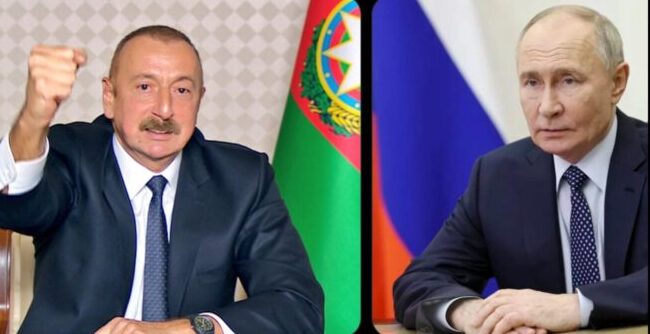
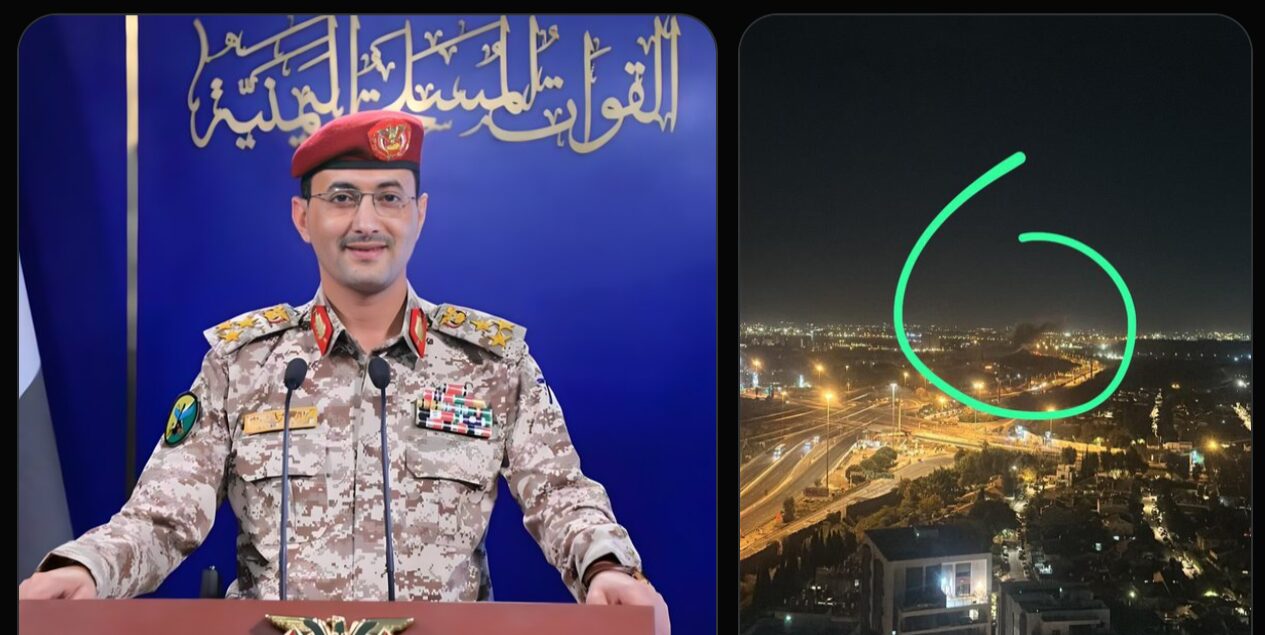
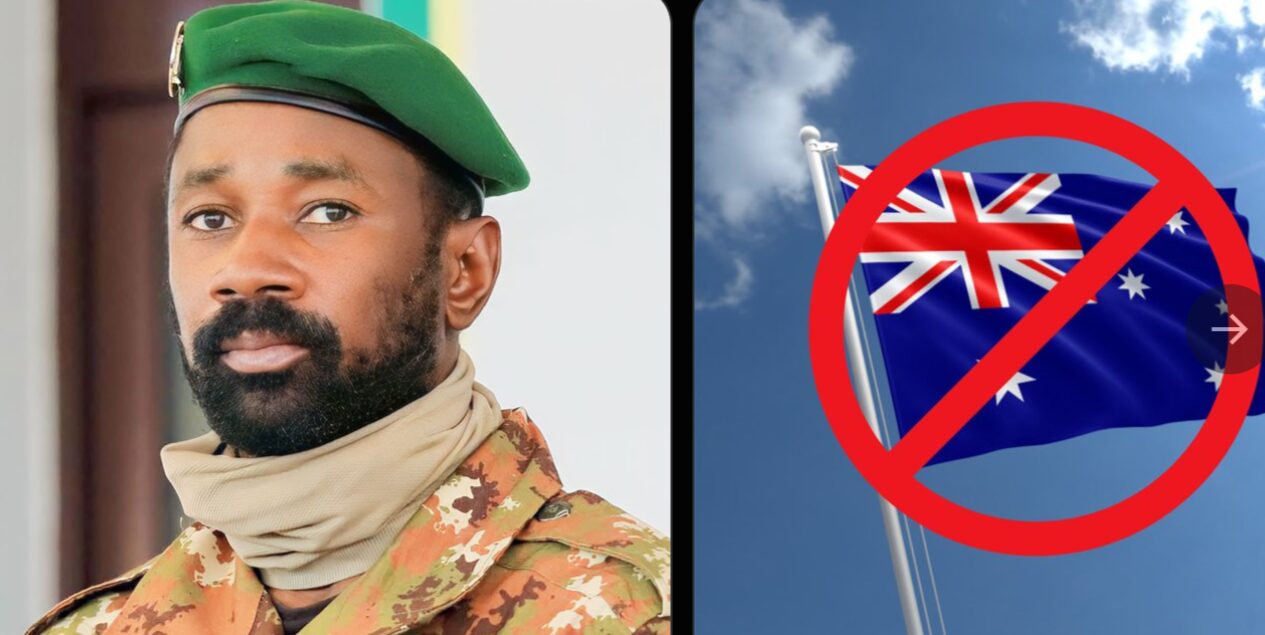

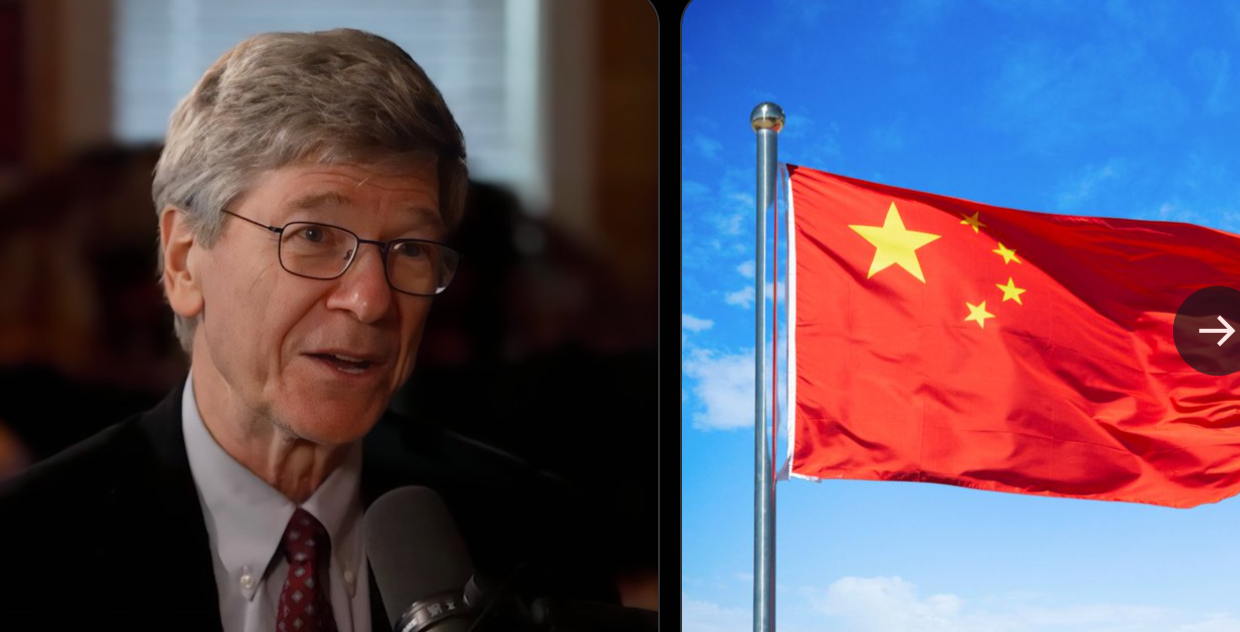
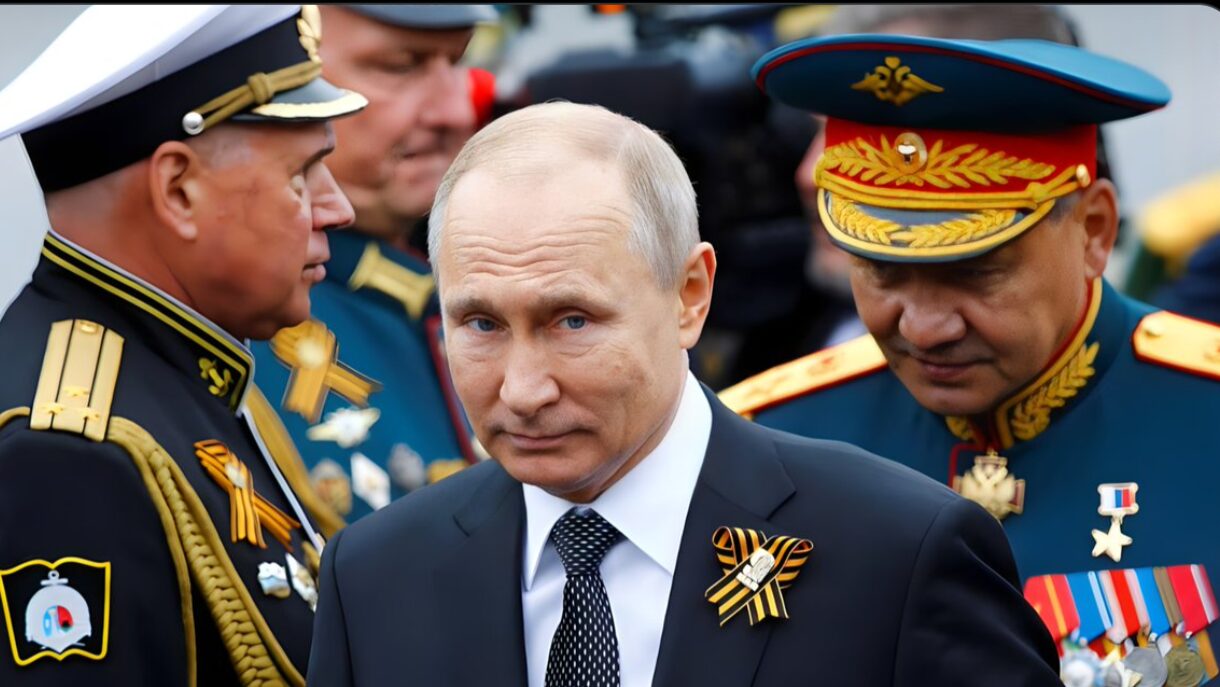
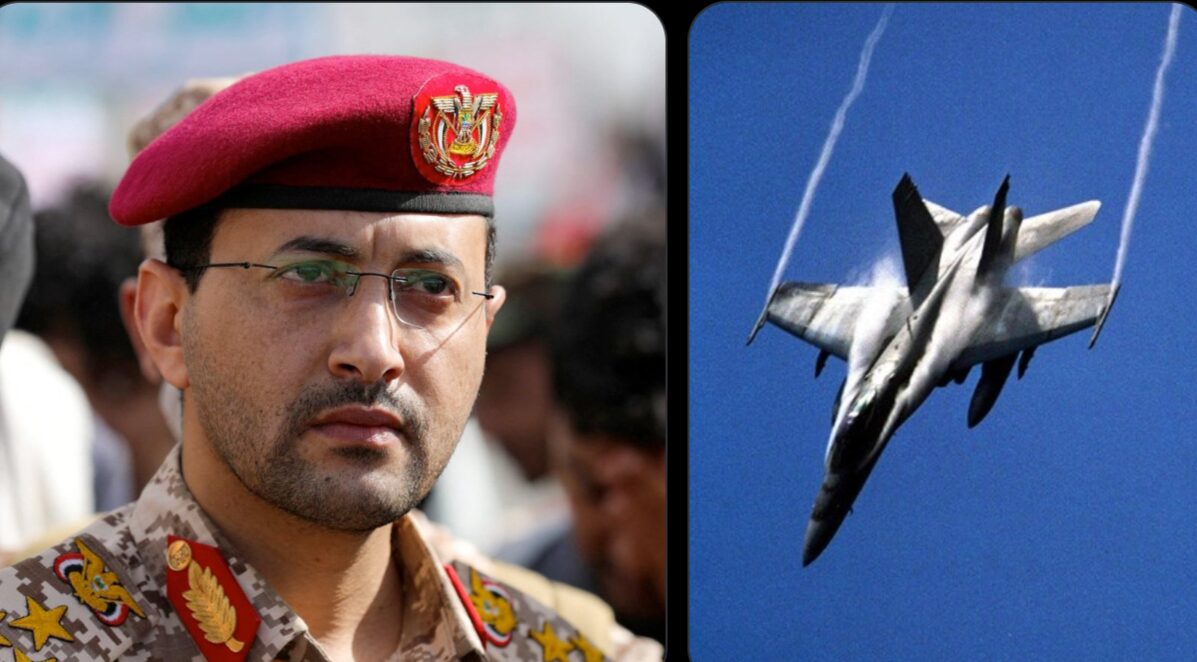










Post Comment